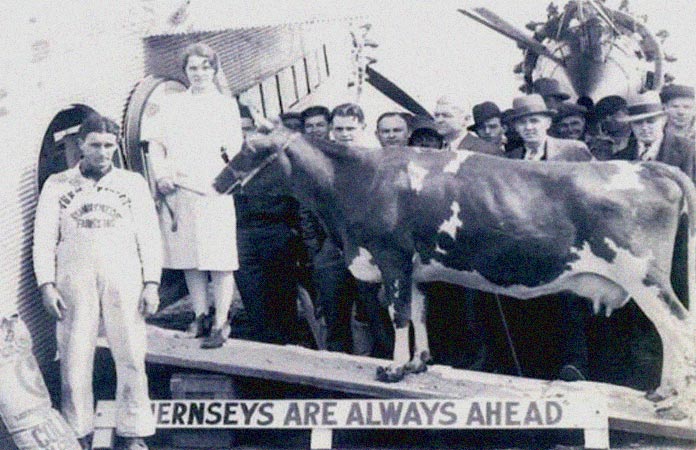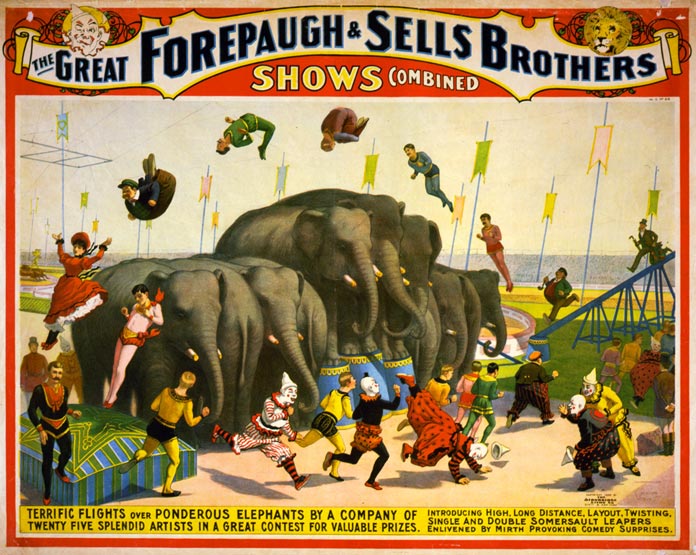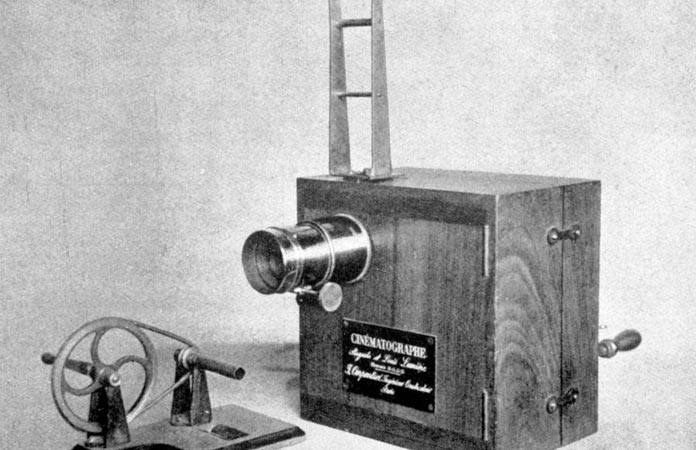Comics Review: Saga
Published on June 30th, 2017 in: Comic Reviews, Comics, Current Faves, Magick, Reviews, Science and Technology, Science Fiction |By E.A. Henson
With these review pieces I normally try and tackle something new and worthy of your attention. For this piece in particular I’ll be taking a look at something that’s not terribly new but still is something of note, Saga by Brian K. Vaughan and Fiona Staples.
(more…)
She Will Never Say No: All Dolled Up
Published on May 12th, 2016 in: Documentaries, Feminism, Movie Reviews, Movies, Reviews, Science and Technology, Teh Sex |
“Then again, she will never say anything at all.”
—All Dolled Up: Love Dolls and Those Who Love Them documentary narrator David Hockey
RealDolls are hyper-realistic, life-size mates used for sex and companionship. Conceptually, RealDolls don’t stoke any fires in me. I don’t find their mere existence to be offensive. I’ve always been fascinated by them, and the people they spend their time with.
Today In Pop Culture: Hanging On The Telephone
Published on March 7th, 2016 in: Music, Science and Technology, Today In Pop Culture |
The telephone is 140 years old today, and nobody alive today can remember a world without one. We’ve always been able to reach out and touch someone. Something so remarkable, being able to push a few buttons and talk to another person around the corner or around the world, is something we take for granted.
Today In Pop Culture: Leap Year And The Time-Space Continuum
Published on February 29th, 2016 in: Science and Technology, Today In Pop Culture |It is Leap Day, and if you don’t believe that time is a man-made construct that we overlay onto our eternity just to keep work appointments and make sure we don’t get to the movies late, then today should be a real challenge for you, buddy. How is it that we can just arbitrarily decide to add an entire day to our calendar once every four years? If time were real, wouldn’t it prevent us from breaking its own laws with something crazy like Leap Year?
What is this madness?
Today In Pop Culture: Attack Of The Clones
Published on February 22nd, 2016 in: Science and Technology, Today In Pop Culture |We’ve always wondered how the government would react when the invasion came. Would they tell us, so we could have a chance to hide or fight back? Would they simply allow it to happen, letting natural selection take its course? It’s a good question, one conspiracy theorists have pondered for years.
Here’s the funny thing.
It’s already happened.
Today In Pop Culture: The Birth, Fall, And Rise Of The American Turntable
Published on February 19th, 2016 in: Music, Retrovirus, Science and Technology, Today In Pop Culture |This could be one of the most important days in pop culture history. Maybe, you should sit down and get something to drink. It is that monumental.
On this date in 1878, Thomas Edison, long may his name spoken before the gods, patented the phonograph. The world was never the same. That’s not hyberbole. That is a fact.
Today In Pop Culture: When Cows Fly
Published on February 17th, 2016 in: Science and Technology, Today In Pop Culture |Sometimes you ask someone to do something and they scoff and say, “I’ll do that when cows fly!” And then you say, “Cows? I thought that was pigs. You’ll do that when pigs fly.” And the person says, “Pigs fly, cows come home. And I’m still not going to do that thing you want me to do, because of your poorly worded adynaton.” Then they take some of the Atomic Fireballs out of the shallow glass dish on your desk, and that’s not cool. You brought that candy from home.
Today in Pop Culture: Can We Trust the Robots?
Published on January 25th, 2016 in: Science and Technology, Science Fiction, Today In Pop Culture |A robot may not injure a human being or, through inaction, allow a human being to come to harm.
A robot must obey the orders given it by human beings except where such orders would conflict with the First Law.
A robot must protect its own existence as long as such protection does not conflict with the First or Second Laws.
Some readers may recognize the above conditions as Isaac Asimov’s Three Laws of Robotics. They were first published in 1942 and they formed the basis for all of his stories about robots (and there were a lot).
Today In Pop Culture: The First Snuff Film
Published on January 4th, 2016 in: Movies, Science and Technology, Today In Pop Culture |There have been many alleged snuff films over the years. The term, defined as movies during which an actor is either murdered or commits suicide, was coined by Ed Sanders in The Family, his 1969 book about Charles Manson. However, there has never been any verifiable evidence of a snuff film existing. When you expand the scope outside of human mammals, things change drastically.
Today in Pop Culture: Let’s All Go to the Movies
Published on December 28th, 2015 in: Movies, Science and Technology, Today In Pop Culture |The year is 1895. At the Grand Cafe in Paris, France, two brothers are showing off their latest invention. It’s a strange-looking contraption–boxes and a crank all precariously perched atop a wooden tripod. The brothers, Lumière by name, call their odd machine a cinematograph. It is a combination camera, printer, and film projector. And at the Grand Cafe, the crowds have come with money in hand to see moving pictures of the city they live in, the City of Lights.
It is December 28 and, on this day in pop culture history, the ritual of going to the movies was born.







